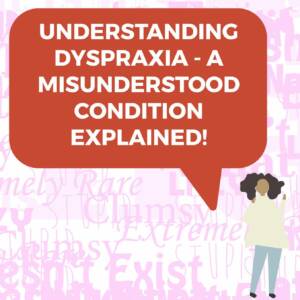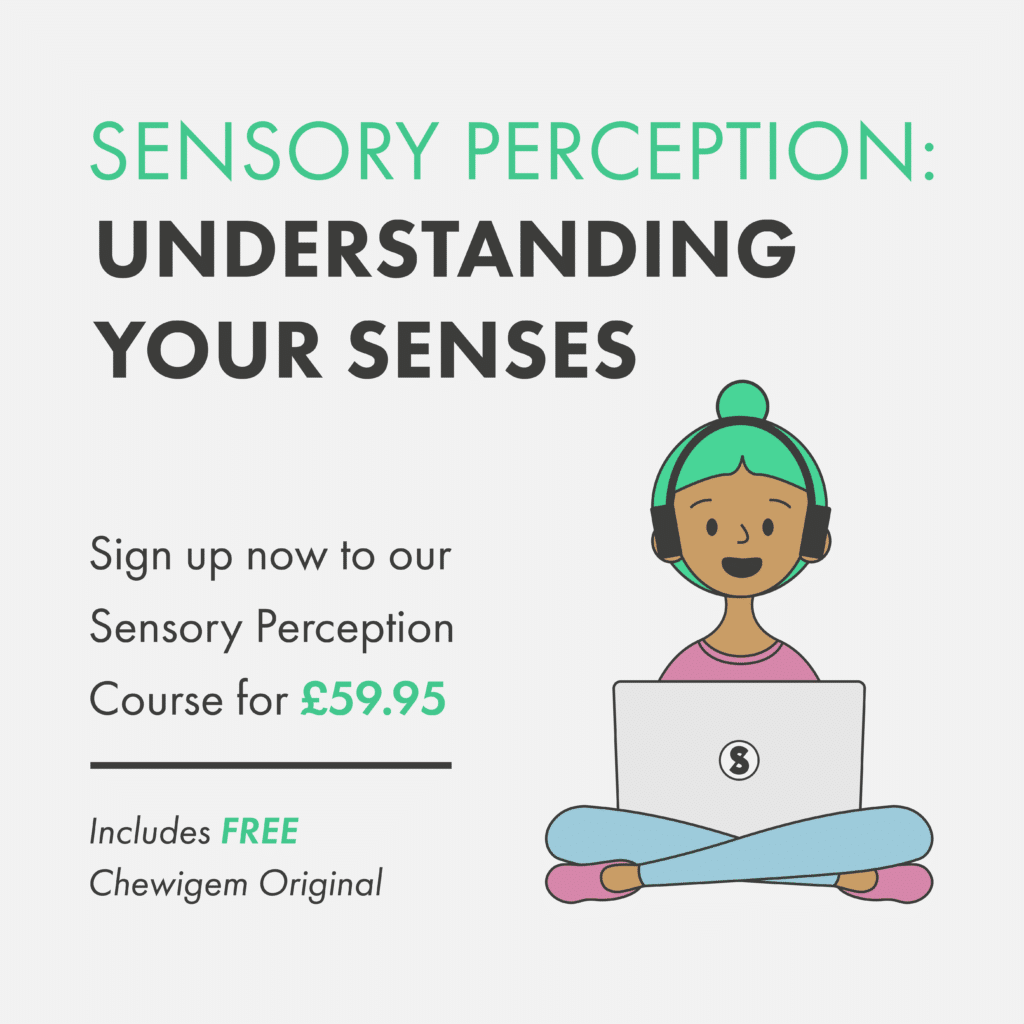
Autism’s Cousin, Clumsy Child Syndrome, Lazy. These are all things that I’ve heard Dyspraxia described as… but what actually is Dyspraxia? Here’s some help in understanding dyspraxia!
In short, Dyspraxia is a condition that affects physical coordination, motor skills & balance. But it also so much more. Dyspraxia can affect every part of life from life & friends to work & executing plans.
This blog aims to give you a brief overview of what Dyspraxia is. And how it affects the lives of people who have it. Hopefully helping you in understanding Dyspraxia as a condition!
This is often something I hear, people tend not to know a lot of about Dyspraxia, especially when compared to Autism, ADHD or Dyslexia. I hear a lot of “I’ve never heard of that” and “What exactly is Dyspraxia?”. This is confusing to me, especially because although it sometimes goes undiagnosed, an estimated 6 – 10% of people have Dyspraxia. You would think that it would have more understanding and awareness surrounding the condition.
Ok, yes we are clumsy. But Dyspraxia affects so many other aspects of our lives. As a Dyspraxic person, I have trouble controlling my muscles, including the ones in my hands or feet. This makes tasks like writing, brushing my teeth and even walking a struggle. I tend to walk with a gait, meaning that I walk on the inner sides of my feet and my feet spread like a duck. This means that I’m often clumsy and get tired when walking for long periods of time. I’ve tried correcting the spread so that my feet face forward but that just makes me more tired. Due to low muscle tone,
Dyspraxic people are more prone to bedwetting and toileting issues. Leading to low self-esteem and feeling isolated from peers as a child. We also struggle with the simplest stuff like tying our shoelaces, riding a bike and getting changed (I still can’t do cufflinks and I’m 26).
Every. Single. School. Report. Ever. *sighs in exasperation* Ok, rant time.
So, as mentioned above, Dyspraxia can affect muscle tone and make controlling muscles difficult, this affects a whole host of things like writing, playing music, reading and it can make us clumsy. This can make the school environment EXTREMELY difficult to navigate, with reward schemes like pen licenses (this is where you have to graduate from pencil to pen), handwriting awards and sports days, it adds a whole other dimension to Dyspraxia. School essentially hurts our self-esteem and can lead us to be social awkward among our peers. The schemes mentioned above are discriminatory towards us and single us out for bullies. Especially when we are already singled out because we can’t cut with scissors, draw in a straight line and we might be more socially immature than our peers.
The fact is that we are trying as hard as we can, we wish you saw this and congratulated us, instead of telling us to try harder to meet our peers at their level. Because what you don’t see is the hours of handwriting we do at home, the weeks spent learning to kick a ball and the months spent trying to learn to tie our laces. We need people to understand dyspraxia and dyspraxics not telling us that we are not good enough!
I was told this as a kid by my teachers and I know a few other people who were too. Granted, it was the mid-90s and the world has changed and so has awareness. But Dyspraxia doesn’t affect IQ. Dyslexic people might look like they aren’t applying themselves (see above point) but in fact, we are, and if we are given the right support, like Laptops, Scribes and help with things like cutting, we can be extremely successful.
While what my teachers said was awful, and I haven’t forgiven them. It did push me to get my GCSEs, instead of doing A-Levels, I dropped out and did some charity work at age 16 for four years and then based on the experience I gathered in those fields I managed to get into university on my talents. I now have a BA (Hons) Degree and an MA (Hons) Degree.
I have Dyspraxic friends who run theatre companies, are coders for multimillionaire video game companies, who are scientists and who are actors. Dyspraxia doesn’t affect our intelligence, but the education system has its dice stacked against us so it makes it harder for us to succeed, so Dyspraxic people, my advice is to take two sets of notes. In other words, the harsh reality is, you have to work twice as hard as your peers to succeed as much as they do, and this will be the reality throughout your life, it’s not a sprint, it’s a race. But it’s worth it.
Conclusion
I hope that this blog has helped you in understanding Dyspraxia and how it affects those who have it.
If you need more support, why not consider joining your Facebook Sensory Support Group

Sensory Matters Podcast
Free Sensory Support Community
Can Chewigems Help Keep Your Teeth Clean?